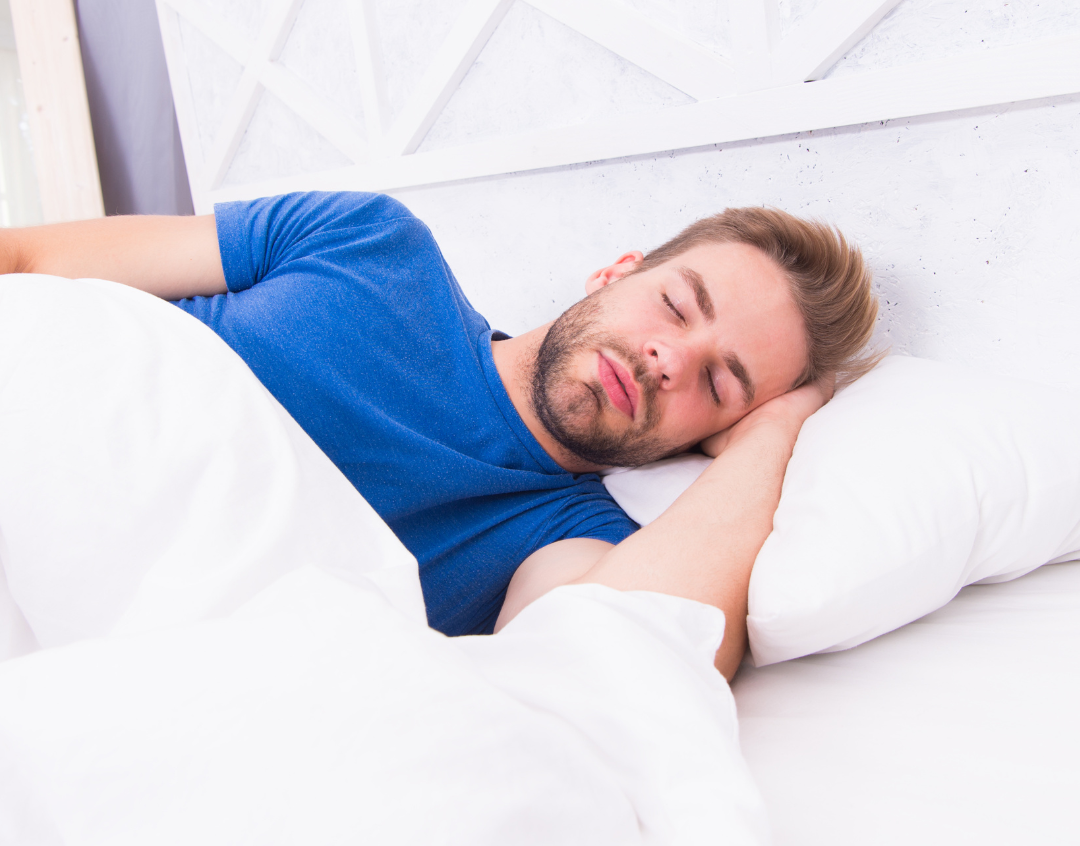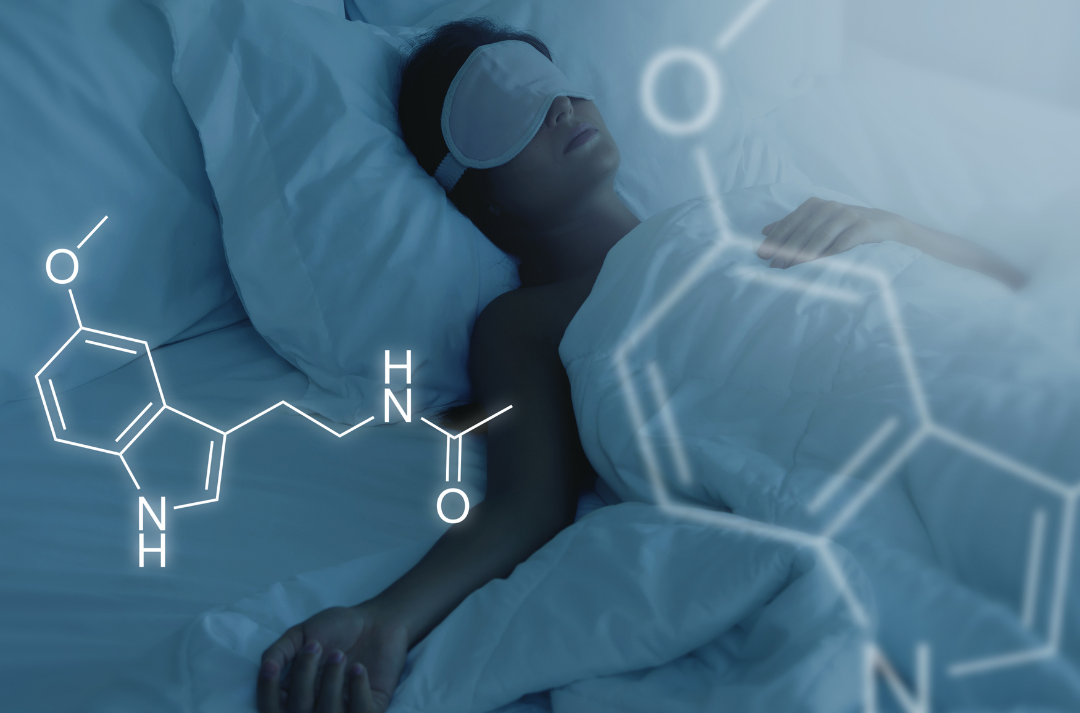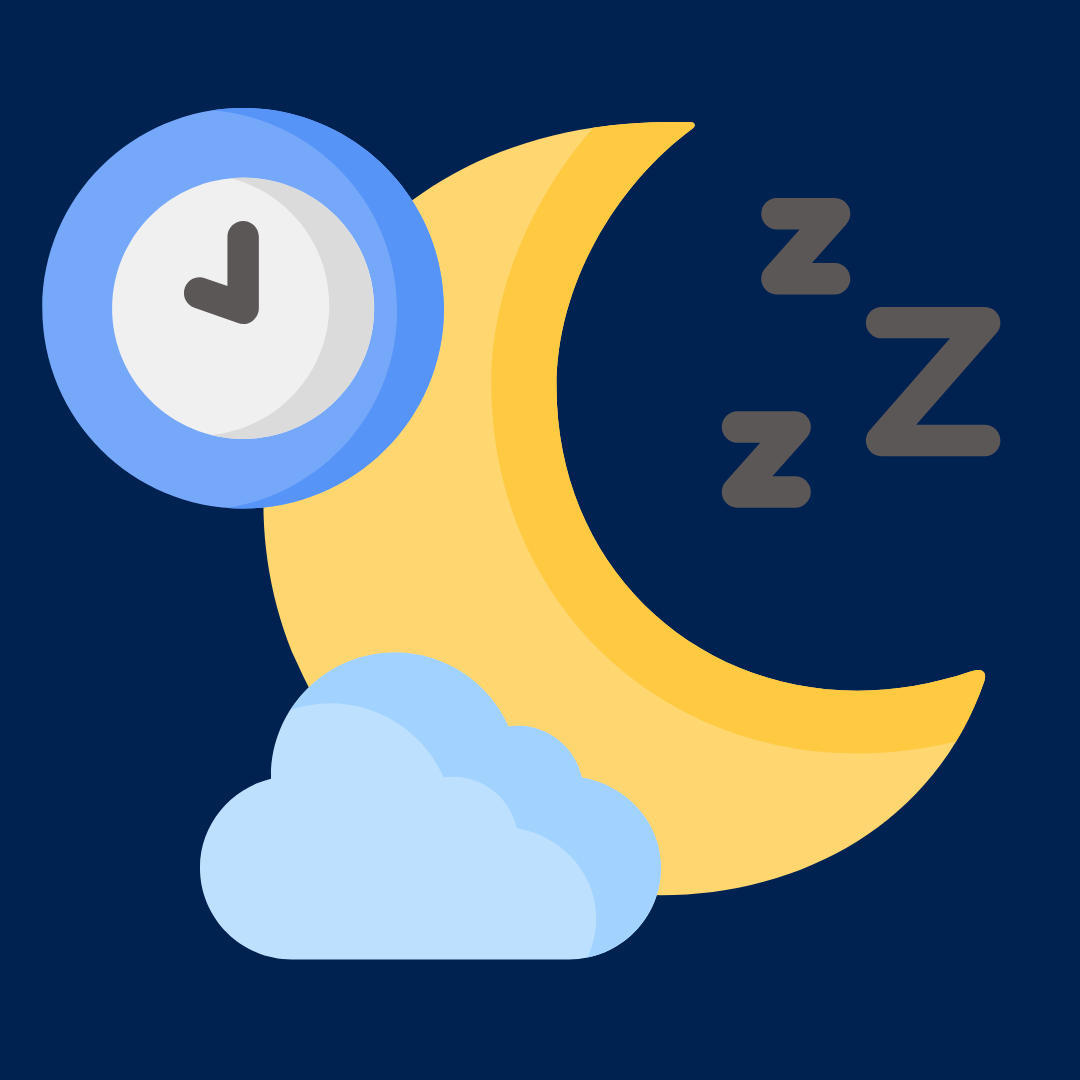Sleep | Introduction
Write your awesome label here.
Course features
-
Level: Basic
-
Video Presentations
-
Quiz + Course Materials
Course overview
Dive into the science of sleep and uncover its profound impact on the brain, detoxification, and overall well-being. Learn about the role of inflammation, the mysteries of sleep apnea, and how the body rejuvenates nightly. Optimize your rest, boost cognitive function, and enhance health. Enroll now and embrace the secrets of transformative sleep!
Certification included

Write your awesome label here.
Better Sleep for a Better You
Here's a glimpse of what 'Better Sleep for a Better You' has in store for you – an exploration into the intricacies of sleep stages, practical tips to enhance sleep quality, and insights into the science of rest. Yet, this is merely the tip of the iceberg. Our comprehensive course delves deep into each stage, offering personalised sleep profiles, expert responses to your sleep queries, and a mastery of sleep hygiene.
1. NREM Stage 1
This initial stage marks the transition from wakefulness to sleep. It lasts only a few minutes, and during this time, you may experience light drowsiness. Muscle activity decreases, and you may have fleeting thoughts as you drift into a more relaxed state.
2. NREM Stage 2
As you delve deeper into slumber, you enter NREM Stage 2. This phase is characterised by a decrease in body temperature and a slowing of heart rate. Your body begins preparing for the deeper, more rejuvenating stages of sleep.
3. NREM Stages 3 and 4 (Deep Sleep)
Also known as slow-wave sleep, these stages are vital for physical restoration and recovery. During deep sleep, your body repairs tissues, stimulates growth and development, and strengthens the immune system. Waking up during this phase may leave you feeling groggy and disoriented.
4. REM (Rapid Eye Movement) Sleep
This stage is where dreams unfold, and your brain activity mimics that of wakefulness. Despite the name, most vivid dreaming occurs during REM sleep. It is crucial for cognitive functions, memory consolidation, and emotional regulation.
Understanding these stages provides a foundation for optimising sleep quality. However, the journey doesn't end here. In this course, we delve deeper into the nuances of each stage, offering practical tips and strategies to enhance your sleep hygiene. From establishing a consistent bedtime routine to addressing common sleep disorders, our course provides a comprehensive guide to achieving restful, rejuvenating sleep. Your quest for a better night's sleep begins here—further stages will be discussed in the course.
Understanding these stages provides a foundation for optimising sleep quality. However, the journey doesn't end here. In this course, we delve deeper into the nuances of each stage, offering practical tips and strategies to enhance your sleep hygiene. From establishing a consistent bedtime routine to addressing common sleep disorders, our course provides a comprehensive guide to achieving restful, rejuvenating sleep. Your quest for a better night's sleep begins here—further stages will be discussed in the course.
1. Establish a Consistent Sleep Schedule
Maintaining a regular sleep schedule reinforces your body's natural sleep-wake cycle. Allocate no more than eight hours for sleep, as the recommended duration for a healthy adult is at least seven hours. Consistency is key, so aim to go to bed and wake up at the same time every day, including weekends. If sleep eludes you within 20 minutes of bedtime, engage in relaxing activities outside the bedroom until you feel tired, while still adhering to your sleep schedule.
2. Mindful Eating and Drinking Habits
Avoid going to bed either hungry or overly full, steering clear of heavy meals close to bedtime to prevent discomfort. Exercise caution with substances like nicotine, caffeine, and alcohol, recognizing their prolonged stimulant effects on the body. Nicotine and caffeine, in particular, can disrupt sleep, while alcohol may induce drowsiness initially but can lead to sleep disturbances later in the night.
3. Cultivate a Serene Sleep Environment
Optimise your sleep space by keeping it cool, dark, and quiet. Minimise exposure to light in the evenings, especially from electronic screens, as it can hinder the onset of sleep. Consider incorporating room-darkening shades, earplugs, or a fan to tailor the environment to your preferences. Engage in calming pre-sleep activities, such as taking a soothing bath or practising relaxation techniques.
4. Manage Daytime Naps
While brief naps can be rejuvenating, long daytime naps may interfere with nighttime sleep. Limit naps to no more than one hour and avoid napping late in the day. Individuals working night shifts may strategically incorporate a nap before work to offset sleep debt.
5. Integrate Physical Activity into Your Daily Routine
Regular physical activity contributes to improved sleep quality. However, refrain from engaging in vigorous exercise too close to bedtime. Spending time outdoors daily can further enhance your overall well-being and positively impact your sleep.
6. Address Worries and Stress
Effectively manage worries and concerns before bedtime by jotting them down and setting them aside for the next day. Stress management techniques, such as organisation, priority setting, and delegation, can be foundational. Meditation is another valuable tool to alleviate anxiety and promote relaxation.
While occasional sleepless nights are common, persistent sleep issues warrant attention from healthcare professionals. Identifying and addressing underlying causes is crucial for restoring the sleep you deserve. Follow these six steps to optimise your sleep routine and embark on a journey toward better sleep quality and overall well-being.
While occasional sleepless nights are common, persistent sleep issues warrant attention from healthcare professionals. Identifying and addressing underlying causes is crucial for restoring the sleep you deserve. Follow these six steps to optimise your sleep routine and embark on a journey toward better sleep quality and overall well-being.
During NREM sleep, the body undergoes repair and restoration, with specific attention to immune activity and memory development. REM sleep, marked by vivid dreams and virtual paralysis of the body, plays a role in cognitive function.
Mastering Sleep Hygiene: Your Path to Quality Sleep
Mastering sleep hygiene involves adopting habits and practices that promote quality sleep. This includes creating a conducive sleep environment, establishing a bedtime routine, and managing factors like sleep apnea. Sleep hygiene is crucial for optimising the body's natural sleep-wake cycle and ensuring restorative sleep.
Nutrition and Sleep
Nutrition plays a vital role in supporting sleep. Nutrients like glutamine, vitamin B6, and taurine contribute to the production of inhibitory neurotransmitters, promoting a calmative effect for better sleep initiation. Additionally, maintaining a balanced diet with antioxidants
All Sleep Is Not the Same
Understanding that all sleep is not the same emphasises the importance of different sleep stages. Each stage serves specific functions, from immune activity in Stage 1 to memory development in Stage 2. REM sleep, with its dream-like state, contributes to cognitive function and emotional well-being.
Why You Need Sleep
Sleep is essential for maintaining the integrity of the nervous system, supporting cognitive function, and promoting overall health. The importance of sleep extends beyond rest, influencing mood, memory, and the body's immune response.
Frequently Asked Questions
How much sleep do I need?
The recommended amount of sleep varies by age, with adults generally needing 7-9 hours of quality sleep per night.
What are sleep disorders, and which of them are more common?
Sleep disorders encompass a range of conditions affecting sleep quality, including sleep apnea, insomnia, and restless legs syndrome. Sleep apnea is particularly common, contributing to various health issues.
What tests can determine how long or how well I’m sleeping?
Polysomnography and actigraphy are common tests used to evaluate sleep duration and quality.
What are common treatments for sleep problems?
Treatment options for sleep problems may include lifestyle changes, cognitive-behavioural therapy for insomnia (CBT-I), and, in some cases, medications.
Why is sleep important, and what are the effects of lack of sleep?
Sleep is crucial for memory, cognitive function, and overall health. Lack of sleep can lead to:
Daytime habits, including exposure to natural light, regular exercise, and stress management, influence the quality of nighttime sleep.
Establishing nighttime habits, such as a consistent bedtime routine and creating a comfortable sleep environment, contributes to better sleep quality.
In summary, prioritising sleep and adopting healthy sleep habits are essential for overall well-being, cognitive function, and maintaining optimal health. Understanding the science of sleep and addressing individualised sleep profiles can contribute to a personalised approach to achieving quality sleep.
As we wrap up this preview of the Sleep course, remember that there's so much more waiting for you. Our course goes beyond the basics, providing detailed knowledge, personalised insights, and actionable strategies to refine your sleep routine. Don't miss the chance to elevate your sleep experience and, consequently, your life.
Enrol now and step into a new era of improved sleep, enhanced health, and a better version of yourself. Your well-rested future begins with a single click!
As we wrap up this preview of the Sleep course, remember that there's so much more waiting for you. Our course goes beyond the basics, providing detailed knowledge, personalised insights, and actionable strategies to refine your sleep routine. Don't miss the chance to elevate your sleep experience and, consequently, your life.
Enrol now and step into a new era of improved sleep, enhanced health, and a better version of yourself. Your well-rested future begins with a single click!
Join Opti Human and you won't regret it..
My name is Dr. Scott Wustenberg, the CEO Opti Human, and you will see me in most of our courses. My objective with the Opti Human Project is to ignite the untapped potential within you. Instead of traditional courses that merely inform, we inspire. Every lesson is designed to resonate, challenge, and awaken the best version of you. With us, learning isn't just routine—it's revelation. Ready to unlock a new you? Join me on this journey.










